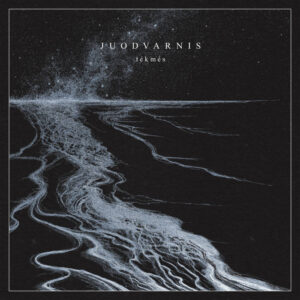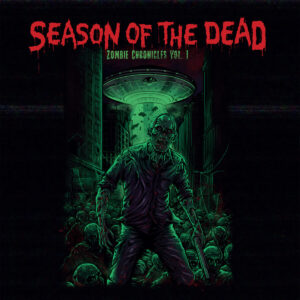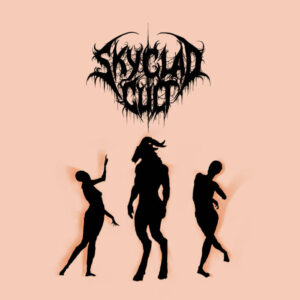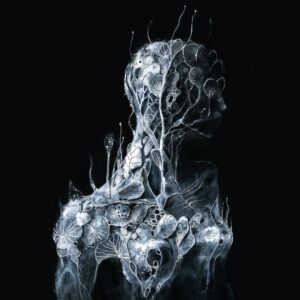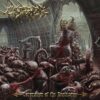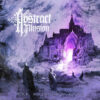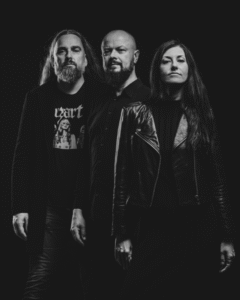Blackshift
Ghostheart Nebula

From Bandcamp, "Blackshift" is the second full-length album by GHOSTHEART NEBULA, successor of the well-acclaimed "Ascension" (2021), in which we see the official entry of Lucia Amelia Emmanueli into the lineup as female singer. If blueshift and redshift represent a change in the spectrum in the space-time linear dimension, "Blackshift" moves itself off to another reality going down into the deepness of the blackest voidness. A journey that starts embracing the nothingness with "Sunya," referring to the concept of "sunyata", the Indian philosophical concept for emptiness."
"VdB 141 IC 1805" is first, and it's a short introduction to the album. I love the atmospheric tones…it almost sounds like I am traveling through outer space. "Sunya" roars forward with devastating harsh male vocals accompanied by female cleans. The music is very weighted, and very emotional. The lead guitar breaks are excellent, and they shoot the song even higher into the laments of Doom. "The Opal Tide" begins with a good deal of backing atmosphere, and sad, emotive clean vocals. The harsh vocals hit even harder, and the sound dives deep into the ocean, where it could be forever lost. When the two vocal styles meet, that void of nothingness expands. "Naught, I" has the powerful bite of a lion, from gravely harsh vocals and thick, punishing guitar and bass parts. Indeed, the bass guitar notes compliment the rotting sound so well. Spoken words talk about the earth being the only planet that supports life, and a reminder that we have to take care of it.
"Infinite Mirror" is like a reflection of each one of us. Do you like what you see? The harsh vocals represent the horrible things we do each and every day, and the cleans represent the times we try to avoid those things. Although doing good seems so hard at times, we have to fight. The title track begins with lovely piano notes. The two sides of the album, aggressiveness and beauty, seem forever locked in a mortal battle that neither side can win. "Traces" combines tender tones with tones of destruction and death. The crushing rhythms of the song are tempered only by the beauty of the clean vocals, and the two exist together somehow, hand in hand.
"Orphan of Light" closes the album. Melodies push hard into the void, and break through, shining through the darkness. The void roars back, and swallows them whole, but they continue to shine, like a beacon guiding a ship in a terrible storm, and by the end, all is calm. For me, the album reminded me of a slow, evil rot creeping over the lands. At first, people start getting sick from things they can't see. When the blackness taints flowers and grey skies become more visible, some people begin to retreat, and others lose their sense of self. By the time the sickness and rot have taken hold, people wander aimlessly, and without a connection to others, the void has won.
9 / 10
Almost Perfect
Songwriting
Musicianship
Memorability
Production

"Blackshift" Track-listing:
1. VdB 141 IC 1805
2. Sunya
3. The Opal Tide
4. Naught, I
5. Infinite Mirror
6. Blackshift
7. Traces
8. Orphan of Light
Ghostheart Nebula Lineup:
Lucia Amelia Emmanueli – Vocals
Maurizio Caverzan – Vocals
Nick Magister – Guitar
Aron Corti – Guitar
Bolthorn – Bass
Panta Leo – Drums
More results...

